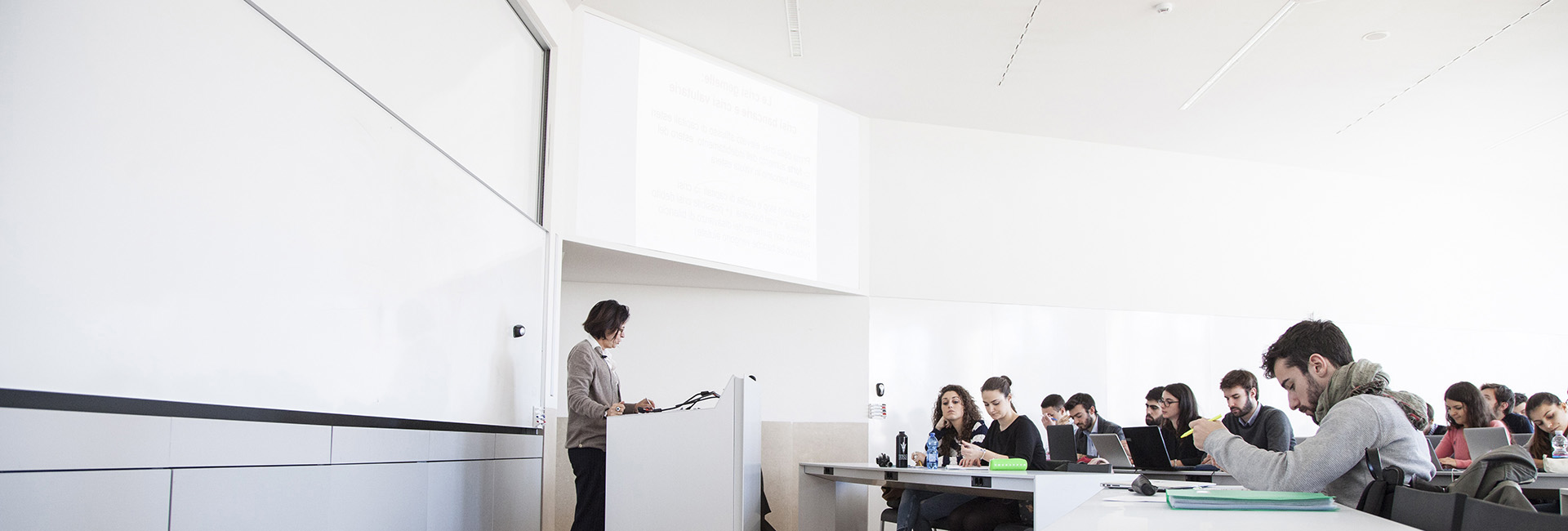Geopolitics
AY 2023-2024
Within the activities offered by Arts and Humanities, Bocconi University gives students the opportunity to deepen topics related to contemporary geopolitics, thanks to courses and seminars realized in collaboration with ISPI.
The agreement with ISPI allows Bocconi students to approach to the knowledge of geopolitical dynamics of the current international scenario.
The Italian Institute for International Political Studies (ISPI), founded in 1934, is one of the most prestigious Italian study and research center, focused on geopolitical and global political-economic trends analysis.
Find out the opportunities reserved to Bocconi students for a.y. 2023-2024.
In addition to the opportunities below, the agreement with ISPI includes other courses, exclusively reserved to students enrolled in Master of Science programs, that are offered as "enhancing experience". Further information are available in the dedicated webpage.
Winter School ISPI (reserved to undergraduate students)
Bocconi University and ISPI School offer a number of Winter School on contemporary geopolitics topics, that take place during the weekend with an intense mode format.
Courses will be delivered online on two consecutive days from 9am to 6:30 pm and will be offered in Italian.
For the full list and further information visit this webpage: unibocconi.it/convenzioneispi





